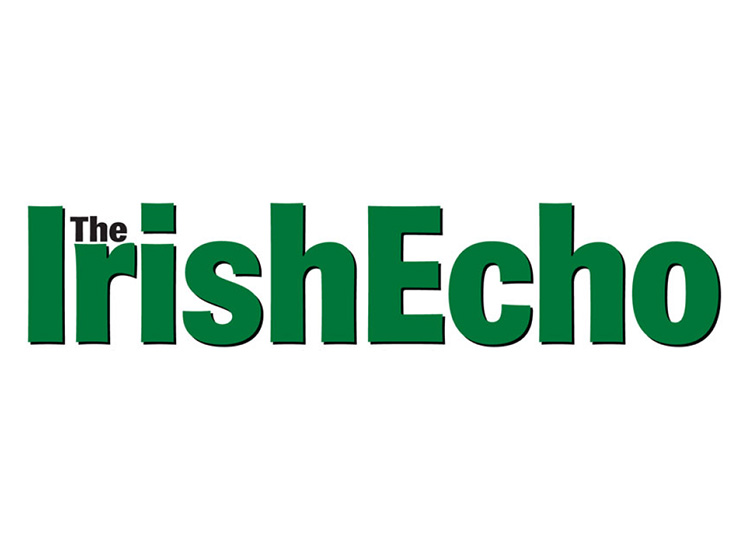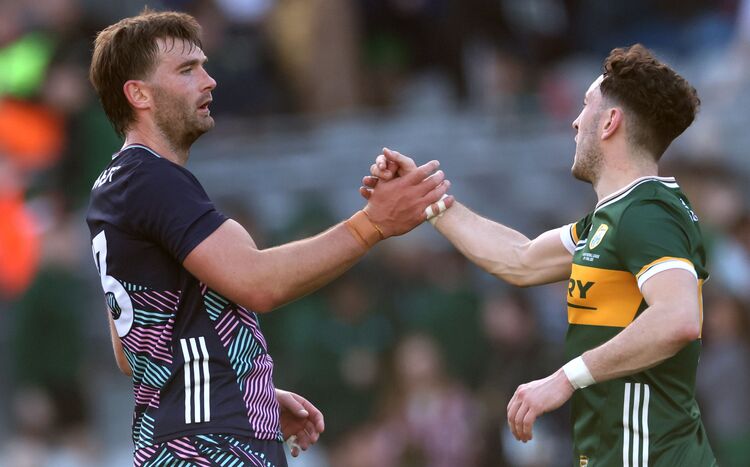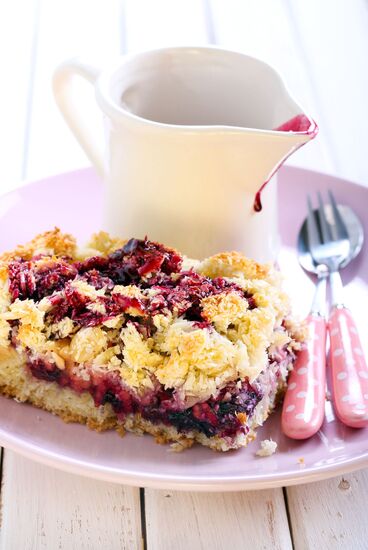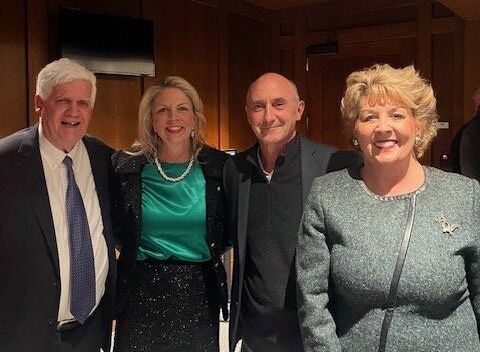Back in June, the Florida Marlins baseball team had lost ten games in a row and 18 out of their previous 19 when they appointed Jack McKeon as their new manager. Three months after his 80th birthday, McKeon returned to the dug-out and, since then, the Marlins have won more games than they've lost. Despite the fact he's coaching players old enough to be his grandchildren, there is very little talk about his seniority precluding him from doing the job properly. Then again, McKeon does hold the distinction of leading the Marlins to the World Series back when he was only a sprightly 72.
Contrast this with the reaction to the presumed retirement of Mick O'Dwyer from Gaelic football. It says much about the ageist culture of the GAA that the most prevailing view this past week has been we won't see the like of the departing Wicklow manager again. As the game skews younger and younger, what realistic chance is there of a 75 year old walking the line for any serious county any time soon? In all this, there seems to be an attitude that somebody of pensionable age can't possibly contribute to a sport where progression and innovation are the order of the day. And there's something slightly troubling about that.
Baseball has an endearing and laudable approach to age. When the New York Yankees won four World Series back in the late nineties, their manager Joe Torre had a bench coach (American for assistant) alongside him named Don Zimmer. He'd been retired from playing for nearly half a century yet nobody ever questioned whether the septuagenarian was too old to contribute. Just like so many elderly bench coaches around the league, Zimmer's role was offering wise counsel to the younger boss and often serving as a genial buffer between him and the players.
In this game, it is assumed that the longer you have been around the more you know. The date on your birth cert matters much less than the date you started in the sport. Throughout baseball, the approach seems to be to pick the brains of the smarter, older guys for as long as they are available. If the same principle applied in the GAA, the likes of Down, Cork and Galway might be making better use of the brains trusts available in Pete McGrath, Billy Morgan and Cyril Farrell.
We know Gaelic football and hurling have changed a lot in recent years. We also know that the basic principles and required skills of both codes are the same as they've more or less always been. It's impossible to think characters like McGrath, Morgan and Farrell couldn't be assisting their home counties in some advisory capacities, bringing their experience to bear. In Cork, Morgan was involved with senior inter-county teams for over 40 years yet he is now suddenly deemed to have nothing to impart to the next generation. In baseball, they'd give him an emeritus position so he was simply around to help all his successors until he was no longer physically capable.
When the major league clubs gather for nearly two months of warm-weather pre-season work-outs and games in Florida and Arizona every February, they invite icons from other eras to spend time with the squads. Not just to hang around as window dressing either. Great pitchers and hitters from decades past get out on the fields offering tips and advice to the present stars.
Every time I see these encounters in the newspapers and on television, I think of a timeless old black and white photograph showing Christy Ring and Jimmy Barry-Murphy in deep conversation during a Cork hurling training session at Pairc Ui Chaoimh in the seventies. Barry-Murphy has a hurley in his hand and has his head bowed listening intently to the maestro. Ring is wearing a sports coat and tie, his hands in his pockets, looking like a professor passing on some knowledge to a star pupil.
Shouldn't the GAA do more of this type of thing? Even if the present generation baulk at the idea of admitting the old guys know stuff too, there's other ways of incorporating past greats.
Every summer the New York Yankees designate one of the Saturday games at Yankee Stadium as "Old-timers' Day." All the surviving greats are brought back and honoured beforehand and, then, those still fit enough to play, tog out and play a few innings as the warm-up match.
It's such a popular tradition and such a beloved occasion that most fans arrive early for that particular fixture so they can see all their old heroes pottering around the field once more with the NY on their chest. Now, minor matches make this type of thing impossible at provincial or All-Ireland finals but it could easily be done before county finals. Wouldn't it be great to see some of the stars of previous generations play an old-timers' game in those circumstances?
It's difficult to see any negatives to something like this. It would provide some light entertainment, offer parents a chance to explain the history of the games to their children, and remind the current stars that they are part of a living, breathing legacy. It might also increase the attendance at county finals, games which in most counties do not get the support of the vast majority of those fans who turn out in such droves for matches involving the county.
The GAA has been centrally involved in some praiseworthy initiatives to help the aged and the often forgotten in rural Irish communities. However, the association could do a lot more at national and county level to make use of the vast resource they have available in former players and former managers. Part of what makes hurling and Gaelic football so great is the sense of history, the sense of being involved in something going back so far. Time then for the authorities to realise we should do more to celebrate and involve the greats of other days.









